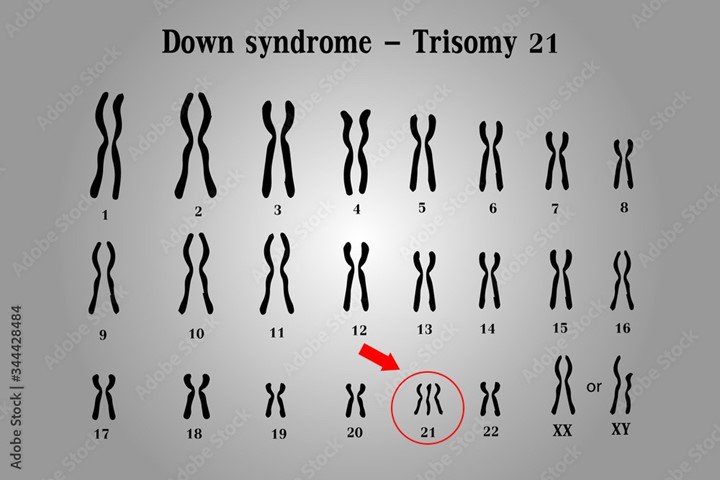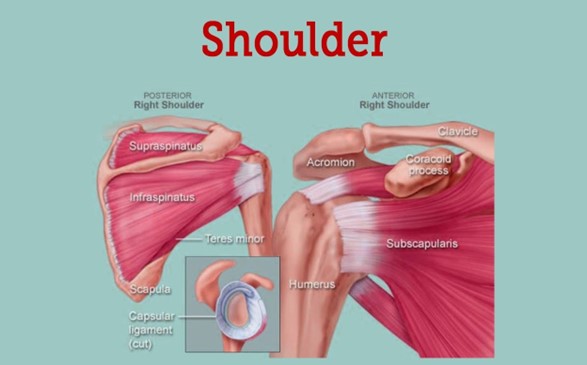What is the name of the genetic disorder caused by the presence of an extra chromosome 21?
Turner syndrome
Klinefelter syndrome
Down syndrome
Huntington's disease
The Correct Answer is C
Down syndrome is a genetic disorder caused by the presence of an extra copy of chromosome 21. It is also known as trisomy 21 because affected individuals have three copies of chromosome 21 instead of the normal two.
The extra chromosome 21 in Down syndrome occurs due to a random error in cell division, which leads to the production of an abnormal gamete (egg or sperm) with an extra copy of the chromosome. When this gamete fuses with a normal gamete during fertilization, the resulting zygote has 47 chromosomes instead of the usual 46 and develops into a fetus with Down syndrome.
Down syndrome is characterized by a range of physical and intellectual symptoms, including developmental delays, intellectual disability, distinctive facial features, heart defects, and increased risk of certain medical conditions such as leukemia and Alzheimer's disease. However, the severity and expression of these symptoms can vary widely among affected individuals.

Nursing Test Bank
Naxlex Comprehensive Predictor Exams
Related Questions
Correct Answer is A
Explanation
Innate immunity is the first line of defense against pathogens and is present at birth. It provides immediate, non-specific protection against a wide range of pathogens, including bacteria, viruses, and fungi. Innate immunity involves physical barriers, such as skin and mucous membranes, as well as cellular and molecular components, such as phagocytes and cytokines.
Adaptive immunity, on the other hand, is developed over time and provides specific protection against particular pathogens. It involves the recognition of antigens, which are specific components of pathogens, by immune cells called lymphocytes. The lymphocytes then produce antibodies that are specific to the antigens, allowing for a targeted response to the pathogen. This process takes time to develop, as the immune system needs to encounter the pathogen and mount a response.
Overall, innate immunity provides immediate, non-specific protection while adaptive immunity provides specific protection that is tailored to the particular pathogen. Both forms of immunity work together to protect the body against pathogens.
Correct Answer is D
Explanation

Whether you are a student looking to ace your exams or a practicing nurse seeking to enhance your expertise , our nursing education contents will empower you with the confidence and competence to make a difference in the lives of patients and become a respected leader in the healthcare field.
Visit Naxlex, invest in your future and unlock endless possibilities with our unparalleled nursing education contents today
Report Wrong Answer on the Current Question
Do you disagree with the answer? If yes, what is your expected answer? Explain.
Kindly be descriptive with the issue you are facing.
